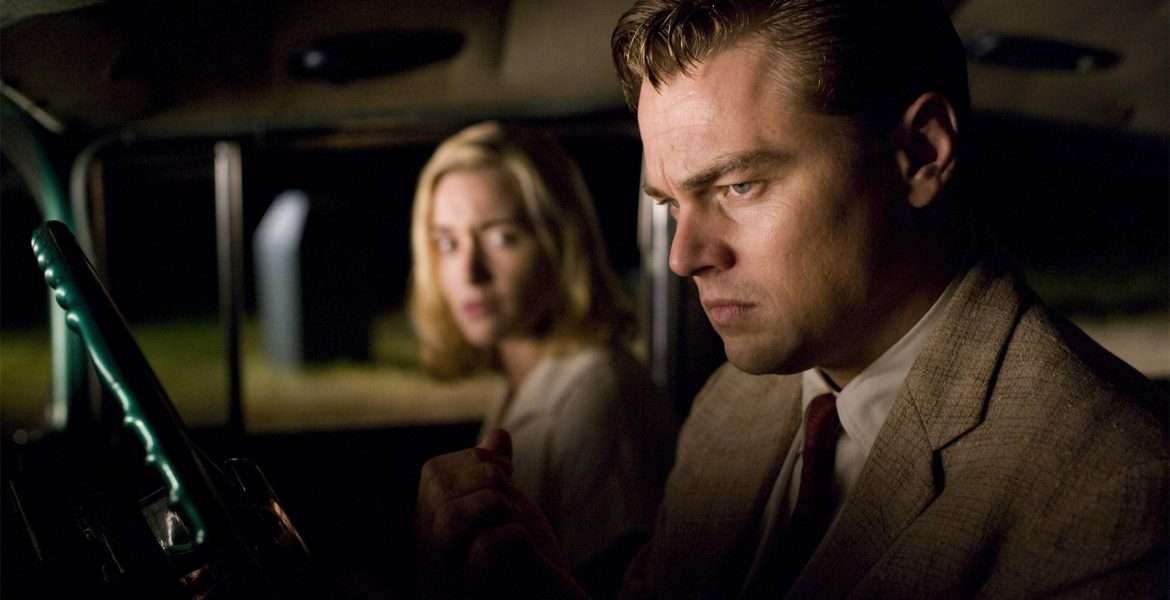Few directors exemplify the face of contemporary prestige in Hollywood as well as Sam Mendes. The filmmaker built a career directing theater on Broadway before breaking into mainstream American cinema, and he’s had a varied career since then. His filmography is a great walkthrough of how Hollywood tastes have evolved over the years, particularly regarding what kind of films the industry considers worthy of awards. Seven of his nine features have been nominated for at least one Oscar, and each one feels distinct from the next – reflecting shifting trends just as much as they represent his willingness to switch genres.
Mendes has directed domestic dramas, war movies, gangster flicks, and cutesy indie comedies, and what is remarkable about his career is its adherence to originality. The filmmaker has stayed committed to making original movies since the ‘90s, with the only blips (as it were) being his additions to the James Bond series. That is no small feat in an increasingly franchise-prone Hollywood, and it goes to show how much cachet Mendes has garnered over the two decades he’s been putting images on the big screen (and only the big screen, mind you). It’s hence quite difficult to rank these movies definitively, seeing as they’re so varied in subject matter. However, what is consistent in all of them is the stable hand and assured style of an accomplished studio director, guiding movies of wildly different genres into a consistent mode.
With that in mind, let’s chart Sam Mendes’s career by ranking all his features from worst to best.
9. Road to Perdition (2002)
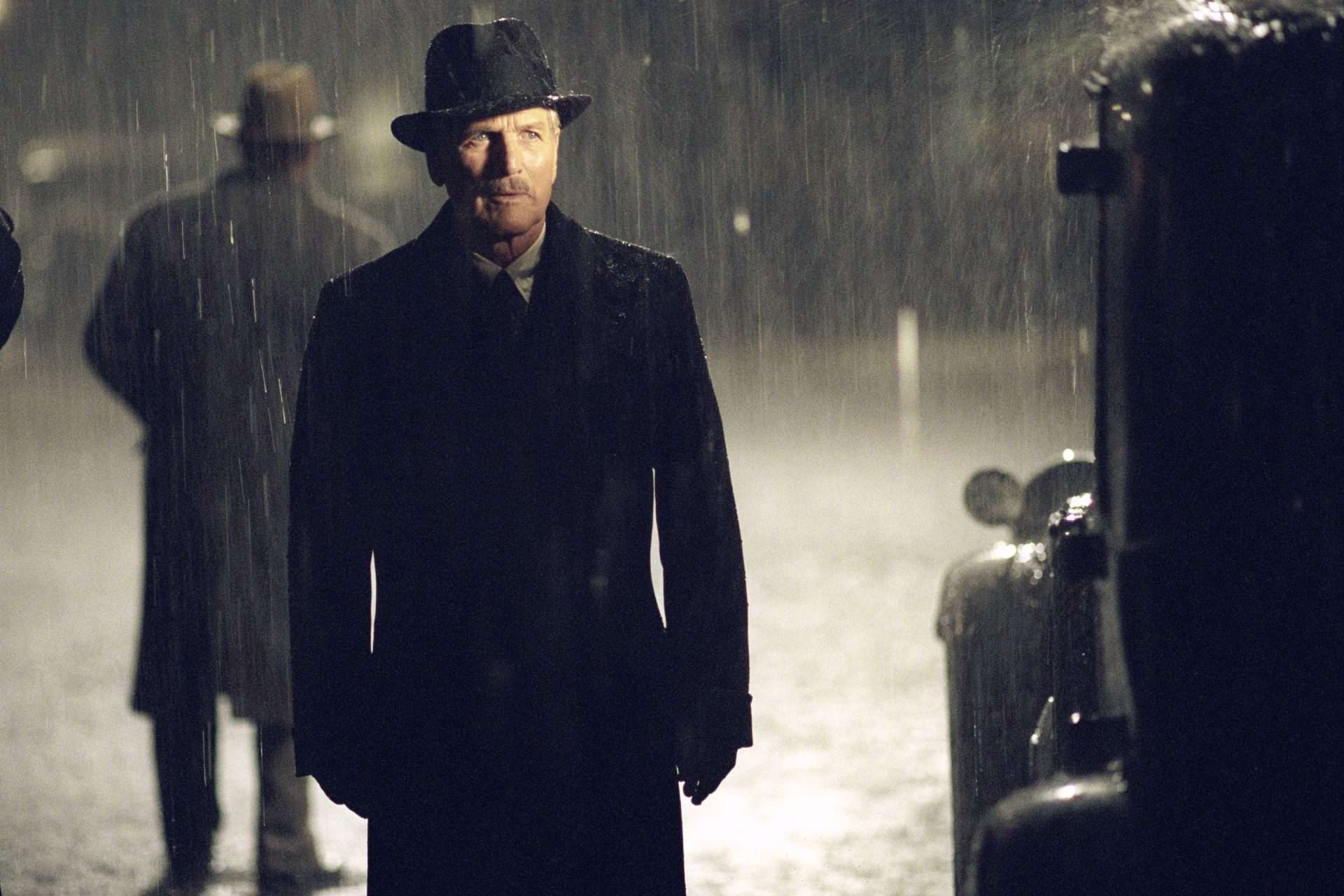
It is cliche at this point to expect directors with successful debuts to trip up on their sophomore features, and Road to Perdition is, unfortunately, no exception to that rule. Mendes was clearly chasing the heft of a Scorcese gangster movie, but he fell short by a considerable margin. The film, released three years after American Beauty, suffers from various problems, but the biggest of these is the film’s unfortunate lack of compelling incidents. Nothing truly exhilarating happens in this film; when it does, it is either a flash in the pan or a misguided shift in tone. Starring Tom Hanks as a mobster looking to escape a life of crime, Road to Perdition has some of the same tonal faults prevalent in American Beauty.
Casting Hanks as a no-good gangster might sound like daring casting, but the actor is unable to find the right balance between cold brutality and his usual warmth. As a result, sequences like the one where he commits goofy bank heists with his son contrast uncomfortably with scenes in which he murders men in cold blood. Mendes certainly deserves some blame for this: his direction here is too bland – too safe. He leans on Thomas Newman’s tired score to deliver emotional beats and has trouble cutting the few action sequences into exciting setpieces. At its climax, the film attempts to be about something more than just a man on the run with his son, but it is too little too late – the audience is already asleep by that point.
8. Spectre (2015)
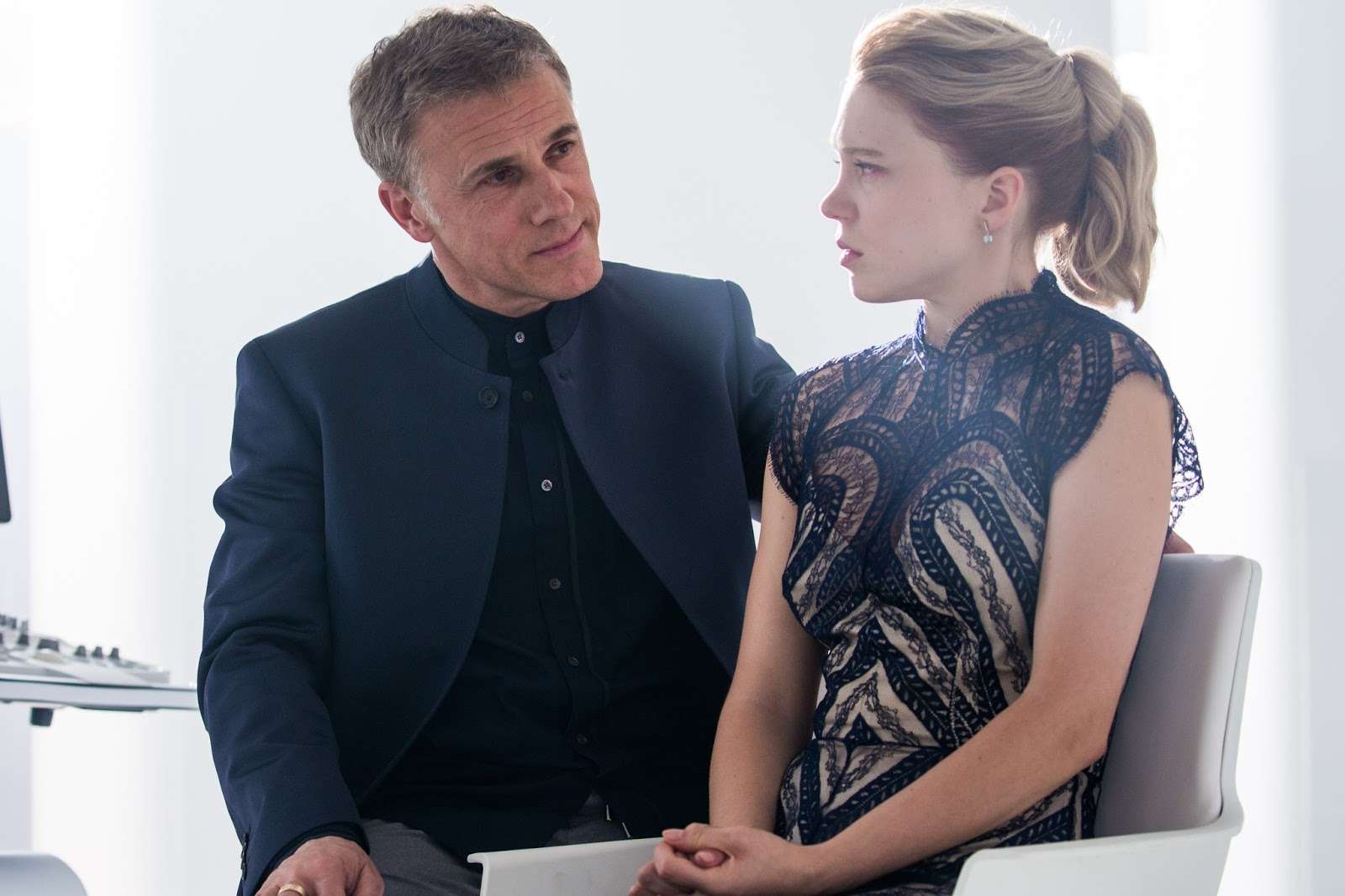
After the high of Skyfall (pun intended), Bond fans expected Mendes to deliver something special with the follow-up. The director was reteaming with Daniel Craig, and the new additions to the cast (Christoph Waltz, Léa Seydoux, Dave Bautista, Monica Bellucci) promised an exciting outing for the super spy. Unfortunately, Spectre is mired in poorly implemented Bond lore and little of the bracing realism that has set the Craig era apart from the franchise’s history. Take, for example, the way in which Mendes treats Christoph Waltz’s villain: Ernst Stavro Blofeld.
Introduced via an incredible sequence where Bond spies on a meeting being conducted by Spectre, Mendes creates an allure around the character that fizzles out remarkably fast once we learn of the incredibly convoluted way in which Blofeld is related to Bond (don’t ask – it’s not worth the effort). That trivia is shared in an overlong monologue that attempts to channel classic spy movies but feels ridiculous in a Craig-era Bond movie. It feels especially cheap when you compare it to the chilling torture scene from Casino Royale, but any comparisons to that film will not do this one any favors. Spectre is a return to an older kind of Bond film that fans were happy to have left behind.
7. American Beauty (1999)
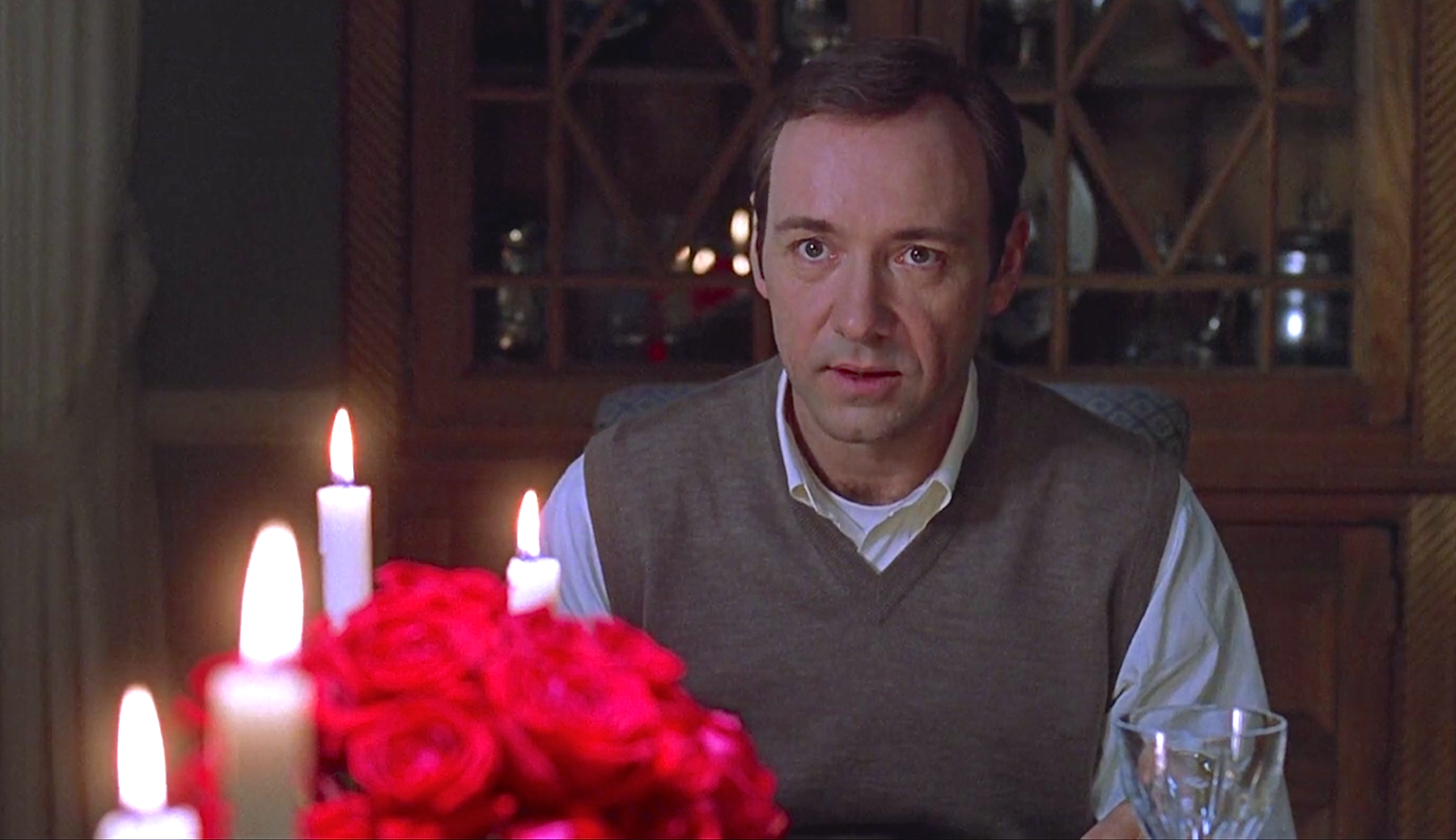
A breakthrough production that catapulted Mendes to Oscar fame and A-list director status, American Beauty is impressive if you consider that it’s the filmmaker’s directorial debut. The whole thing is very solidly assembled, and Mendes draws some great performances out of a few cast members (notably Wes Bentley and Mena Suvari). More than a few images from the picture have stuck around in the zeitgeist (the rose petals are iconic, but the meta screen-within-a-screen sequences also tie into the artificiality of this world nicely). Alan Ball’s screenplay is heady and complicated, tied to the yearning for meaning that comes with affluence.
That said, it does feel as if Mendes was a little out of his depth when it came to handling the material. The script calls for a sophisticated tone, tap-dancing across the line between satire and sincerity, and the direction here feels too wooden to deliver that kind of deftness. That results in sequences like the footage of the plastic bag being played as profound when it feels like a misdelivered punchline. Some of the performances are calibrated for satire, too (notably Kevin Spacey and Annette Bening), which conflicts with the straight-faced direction. The film ultimately has ideas but not enough experience behind the camera to deliver them.
6. Empire of Light (2022)

Let us start by saying that Empire of Light is a technical masterpiece. At this point, you would expect Roger Deakins’s work to be tremendous by default, but his imagery here is breathtaking in subtler ways than you would expect. The elegiac feel of Empire of Light is primarily due to the strength of the cinematography here, which captures gloom and hope in its use of light, creeping into spaces that have evidently been dark for a long, long time. It is supplemented beautifully by Trent Reznor and Atticus Ross’s minimalist score.
The performances help in the elegance, too – Olivia Colman and Micheal Ward share great chemistry, and the central love story is warm and beautiful in an adorable way. A supporting roster of terrific actors props up the on-screen couple. Moreover, the ensemble is sweet in a way that could pull emotional weight out of even the most dire material imaginable.
That is what Mendes, screenwriting solo for the first time in his career, has brought to the table. His direction is as dependable as ever, but his script is far too broad in scope. It attempts to scrabble together themes of racial injustice, mental health, and the power of cinema. Still, it is so desirous of capturing a piece of the world within itself that it loses sight of what makes it unique: the love story between Hilary and Stephen, which it features only in fits and starts.
Read More: The Best Netflix Original Movies, Ranked
Empire of Light is Mendes’s stab at the high-profile project about the power of cinema in the vein of films like Mank, Belfast, and The Fabelmans (all of which are superior). This aspect of the film (the one about the movies) is particularly weak – having Olivia Colman cry while watching a movie during the climax won’t magically fix all your script’s problems.
5. Jarhead (2005)
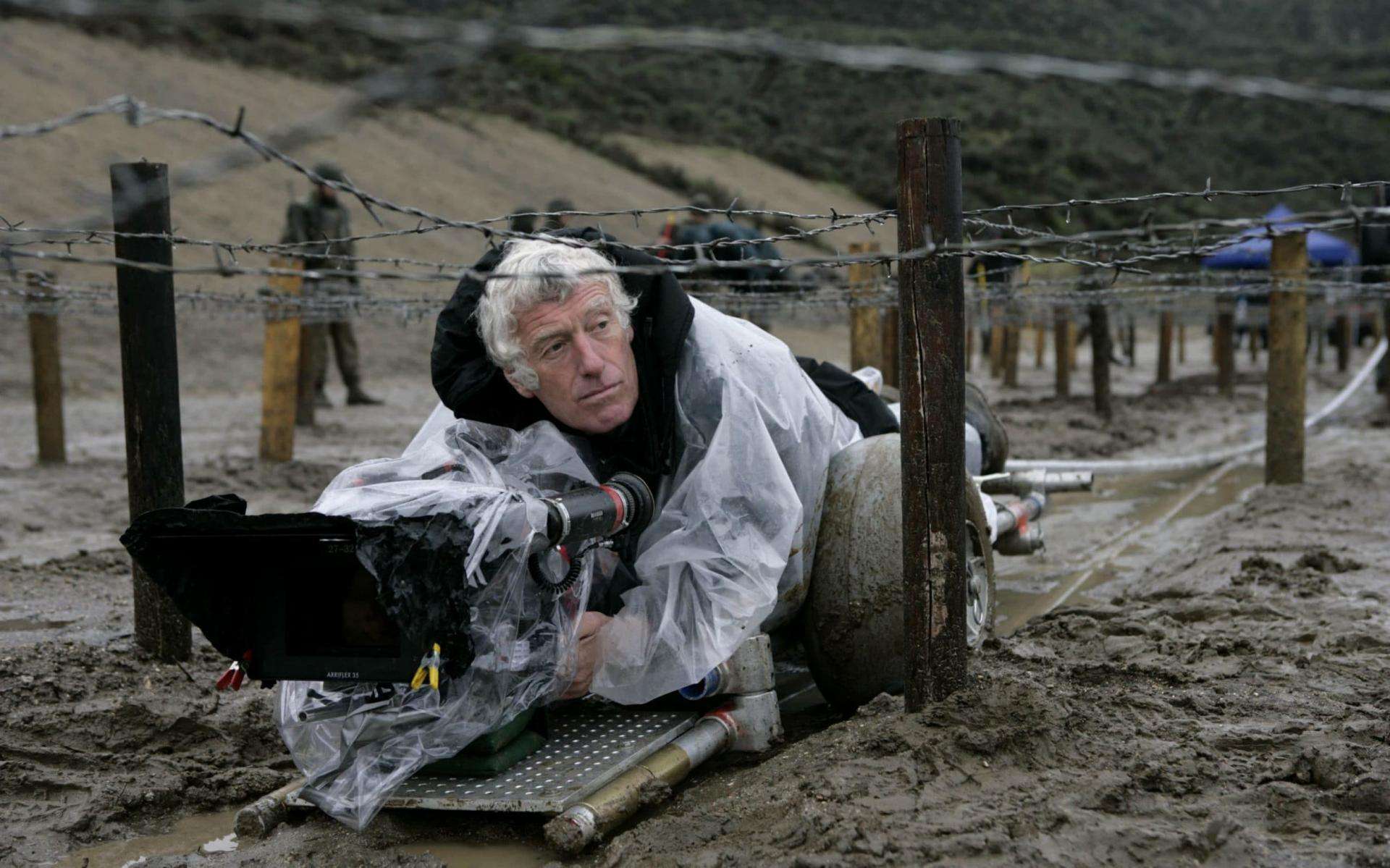
A military picture that attempts to combine the hoo-rah imagery of a red-necked American movie with the clear-eyed introspection of a more mature feature on war, Jarhead is messy. A more complicated successor of Spielberg’s seminal Saving Private Ryan, Mendes does a lot to make this vision of war his own. From the crackerjack pace of the opening to how the plot practically stalls out in its latter half, there’s undoubtedly heft to Jarhead, which is one of the best-directed movies Mendes has ever put to screen. He’s aided by two first-time collaborators: Jake Gyllenhall and Roger Deakins. The latter’s partnership with Mendes needs no preface; the two have produced some iconic images together over the years (and this definitely isn’t the last time you’re going to read his name in this list), but Jarhead proves that they hit the ground running with their partnership.
The images of burning oil fields and parched desert feel just as hopeless as the characters. Speaking of, Gyllenhall delivers a mature, sophisticated performance through his portrayal of Anthony Swofford. He’s supported by an excellent cast, which brilliantly realizes the premise of army officers hiding their vacuum-like despair under the veneer of inconsiderate masculinity. If there’s anything that Jarhead fails at, it’s making this point land more profoundly for the viewer. As it is, the experience of watching the film is quite hollow – it appears to end on the idea that these poor soldiers are the real victims of American warmongering in the Middle East, which I’m sure isn’t what Mendes intended.
4. Revolutionary Road (2008)
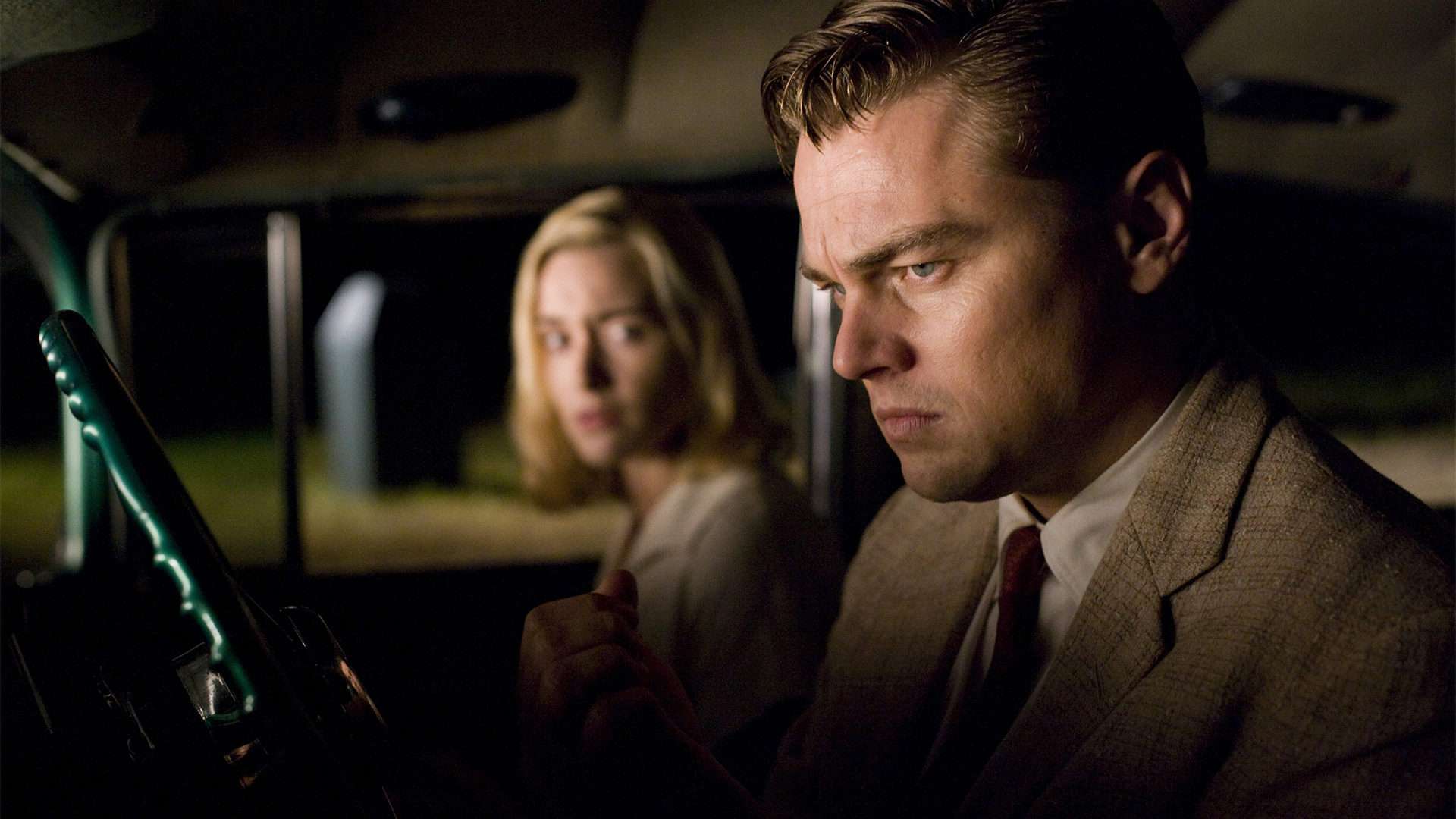
This film has developed a reputation in cinephile circles for being one of the most depressing films of the late 2000s, and the idea of it is indeed very heavy. Based on the novel by Richard Yates, Revolutionary Road returned Mendes to old thematic stomping grounds: the void at the heart of suburbia, which he successfully mined for Oscar gold in 1999. This time armed with an even more heavy-duty cast and a returning Roger Deakins, he was clearly looking to dig deeper than the last time around. And he certainly does uncover a more potent emotional core than whatever he thought he was doing with American Beauty.
It’s a cruel joke to cast the actors from Titanic in a drama about a depressing marriage, but Leonardo DiCaprio and Kate Winslet own these roles: this film would be nothing without them. Winslet (who was married to Mendes during the movie’s shooting) is particularly strong as the tragic figure of April, while DiCaprio is as sniveling and pathetic as Mendes requires. The two eat up the material, which feels akin thematically to Edward Albee’s Who’s Afraid of Virginia Woolf? in its aching portrayal of broken promises and aching hurt. It’s an acting masterclass, but it does feel a little pat in the feel-bad finality of its climax. Everything leading up to the ending felt complicated in the way real marriages and relationships are complex – the conclusion is just one-note.
3. Skyfall (2012)
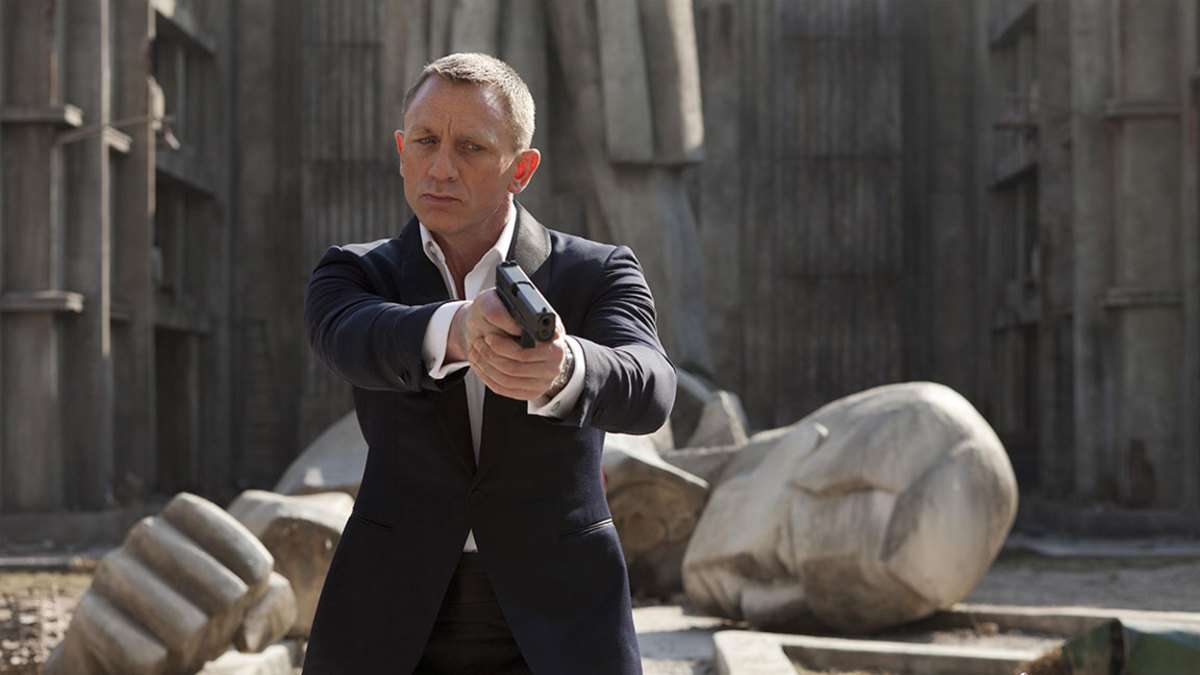
What is there to say about Skyfall that has not been said already? After the failure of the much-maligned Quantum of Solace (which feels unfair in retrospect since the production of that film took place during a writers’ strike), the Craig-era Bond was in need of a refresh. Along came one of Hollywood’s most dependable British directors, supported in his vision by a legendary cinematographer and an actor who had already played the best villain of the century so far. Skyfall was practically guaranteed to be a success. Of course, it is easy to say such things in retrospect. Looking back on the film now, what is most intriguing about it is how unromantic it is.
Bérénice Marlohe’s Sévérine is killed in remarkably unceremonious fashion, Bond has crippling PTSD for the vast majority of the film, and Javier Bardem’s Raoul Silva is arguably the anti-hero of the whole thing; he accomplishes everything he set out to do at the beginning of the film, and James Bond himself is powerless to stop him. Deakins’ work is spectacular as usual (who can forget that fight at the top of the skyscraper or the climactic blaze – indelible imagery), but Mendes’ direction of Craig and Bardem is brilliant. This one was clearly meant to be a precursor to a happier future for Bond, but one wishes almost that Mendes had never gotten to make Spectre. He would have ended his run with a one-off – perhaps the bleakest Bond film ever made.
2. Away We Go (2009)

This film is the farthest that Mendes has ever stepped out of his comfort zone, and it is the most interesting part of his filmography. Starring Maya Rudolph and John Krasinsky, this movie is the director’s stab at the “indie” comedy-drama. This mini-genre found much success after the acclaimed releases of Little Miss Sunshine and Juno. And it channels that energy very well, though its status as a box office bomb is probably the reason no one remembers it. The film follows Burt and Verona, an expecting couple caught adrift after they realize they don’t have a home to raise their daughter in. This realization kicks off a 90-minute-long quest to find the perfect place to raise a family, a journey that takes the pair all across the USA and through the homes of various families.
The script, by Dave Eggers and Vendela Vida, is sweet-spirited to a fault, poking fun at situational behavior over specific character failings, and Mendes and editor Sarah Flack cut well to the terrific comedic timing of the cast (which also features Jeff Daniels, Carmen Ejogo, Chris Messina, Melanie Lynskey, and Maggie Gyllenhaal). Not all of it lands, but it doesn’t have to. It’s all very sweet, and it ends with a moment of grace wherein the characters realize that they just might not have any control over the world around them. They come to the conclusion that this is okay, in a moment of quiet wisdom that Mendes proves adept at directing. He should certainly look into making more of these.
1. 1917 (2019)
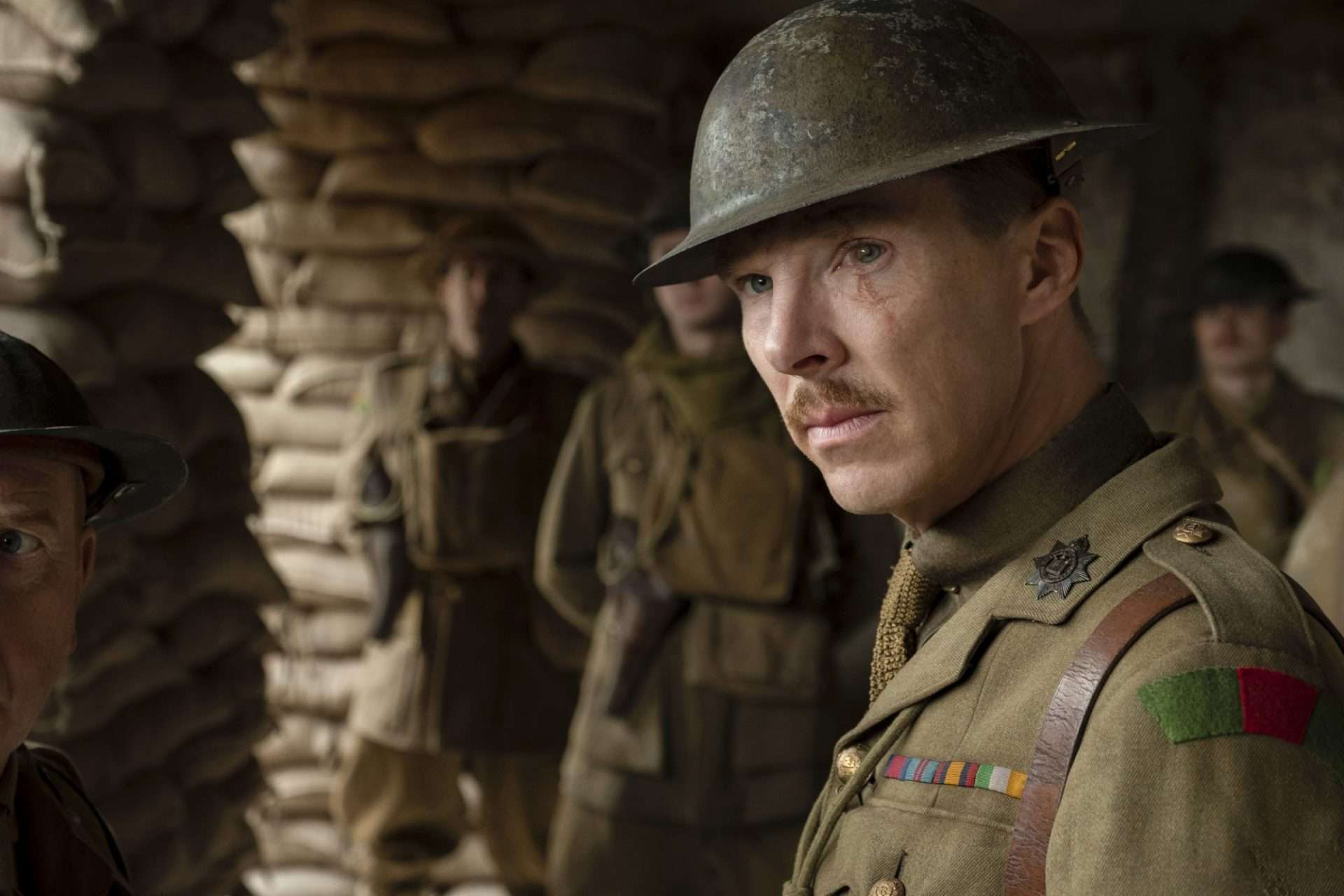
And here we come to the film that put Mendes back on the world’s radar. 1917 is a sort of one-trick pony, sure, in the sense that it relies on a single technical flourish to make all its moments land. One-shot films were and are all the rage, with discerning audiences looking for something new, and Birdman proved that they could win big awards. It was only a matter of time before someone attempted to do what Spielberg had done in bits and pieces of Saving Private Ryan at feature length, and Mendes decided to put himself up to the job.
The director reunited with Roger Deakins and recruited Christopher Nolan’s regular editor Lee Smith for the film, and 1917 is a visual extravaganza as a result. It is by far the most accomplished production of Mendes’s career. It manages to deliver a coherent message with its neat ending. While it is easy to spot that the film, which presents itself as a single shot, is not really all one shot, the observation does not take away from the technical achievement of the project. In fact, it accomplishes exactly what it sets out to do and delivers some stirring imagery and sequences in the process. Though not a particularly deep work of art, it is spectacular entertainment. Oftentimes, that’s enough.

